Is America abandoning religion — or just remixing it?
Fewer Americans than ever answer 'yes' to the question of if they believe in God

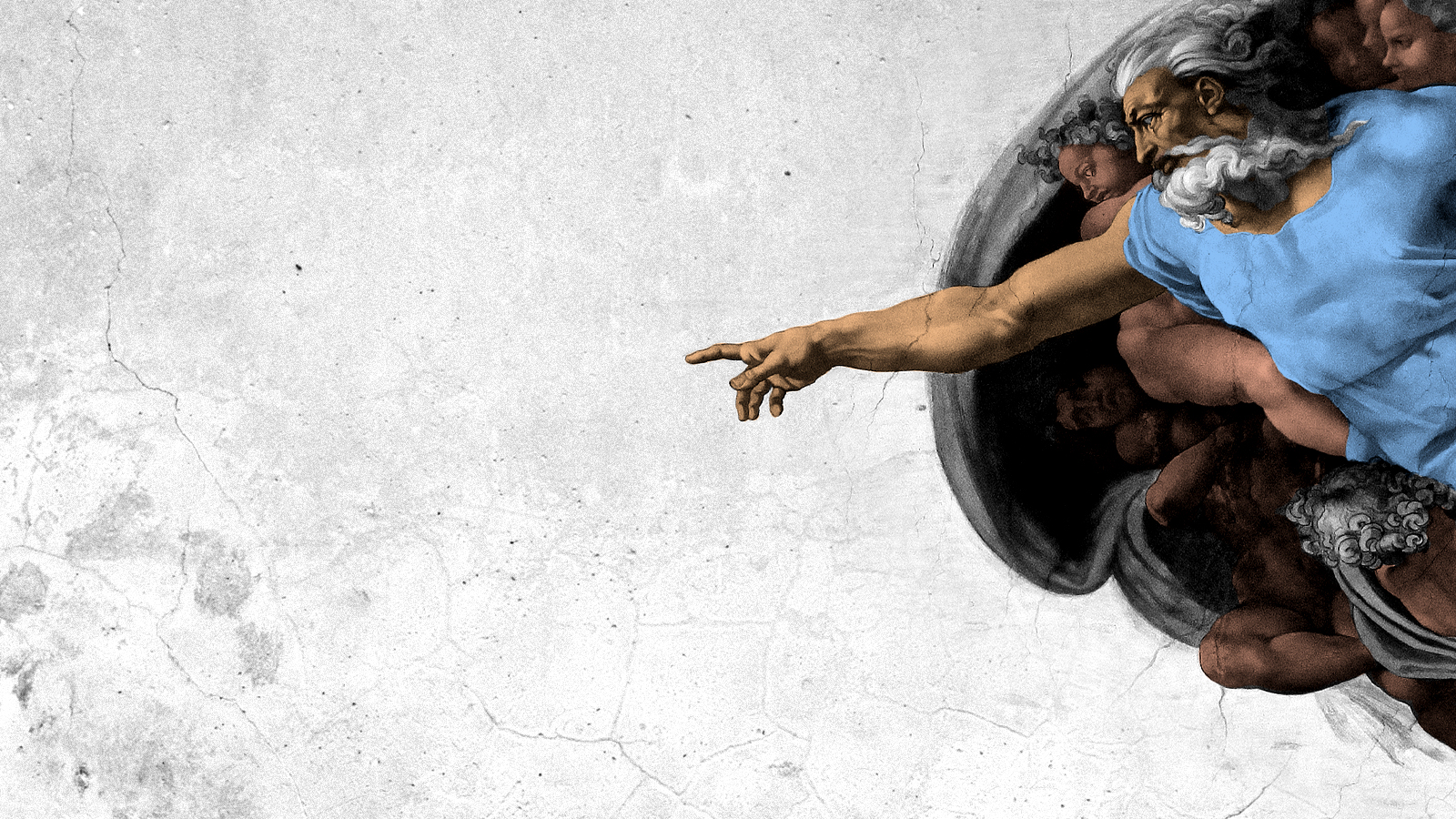
A free daily email with the biggest news stories of the day – and the best features from TheWeek.com
You are now subscribed
Your newsletter sign-up was successful
A new Gallup poll shows belief in God at an all-time low in America. Here's everything you need to know:
What does the new poll reveal?
A record-low 81 percent of Americans answered "yes" to the question "Do you believe in God?" in a new Gallup poll released last Friday, down from 87 percent in 2017.
Belief in God peaked at 98 percent in surveys conducted in 1954, 1965, and 1967. By 2011, that number was down to 92 percent and dropped to 86 percent in 2014 before bouncing back up to 89 percent two years later.
The Week
Escape your echo chamber. Get the facts behind the news, plus analysis from multiple perspectives.

Sign up for The Week's Free Newsletters
From our morning news briefing to a weekly Good News Newsletter, get the best of The Week delivered directly to your inbox.
From our morning news briefing to a weekly Good News Newsletter, get the best of The Week delivered directly to your inbox.
Gallup notes that, although this survey forces respondents to choose "yes" or "no," similar surveys conducted in recent years found that "when given the option, 5 percent to 10 percent have said they were 'unsure'" about the existence of God.
Comparing the average results of the four surveys conducted between 2013 and 2017 with the results of the 2022 survey reveals that belief in God has decreased in every demographic. For married people and conservatives, it fell by only a single point. Liberals, Democrats, and Americans aged 18-29 all recorded double-digit drops.
Women, people of color, older people, non-college graduates, married people, and people with children were more likely to believe in God than their male, white, young, college-educated, unmarried, childless counterparts. Southerners expressed belief in God at slightly higher rates than Americans from other regions. The survey revealed no statistically significant gap between city dwellers, suburbanites, and small-town or rural Americans.
The poll surveyed 1,007 American adults between May 2 and May 22 and has an error margin of 4 percent.
A free daily email with the biggest news stories of the day – and the best features from TheWeek.com
How does belief in God relate to religious affiliation?
Ryan Burge, a political science professor and Baptist minister, pointed out that belief in God is "very robust" compared to other metrics, like church attendance. Americans are abandoning organized religion in droves, but they seem less willing to abandon God. "[L]ook at folks who say that they never attend church. Twenty-two percent say that they believe in God without a doubt," Burge wrote on Twitter.
A 2018 Pew religion study found that 72 percent of religiously unaffiliated Americans — also known as "nones" — said they believe in God, a higher power, or a spiritual force. Only 21 percent of Americans who identified as "nothing in particular" listed "I don't believe in God" as a major reason for their lack of religious affiliation.
For a medieval European Christian, to believe in God was to believe that the Catholic Church held the keys to the kingdom of heaven. Belief in God was inseparable from listening to the priests, accepting the dogmas, receiving the sacraments, keeping the fasts, and paying your tithes.
Twenty-first-century individualists feel far more comfortable pursuing their own spiritual journeys. When Americans disassociate from organized religion, they don't all become militant anti-theists in the mold of Christopher Hitchens. Many of them continue to believe in a higher power and don't think much more about it. Others mix and match diverse spiritual practices, from sage smudging and tarot decks to Christmas carols and Buddhist mindfulness practices, curating their religions the same way they curate their Instagram feeds.
In her 2020 book Strange Rites: New Religions for a Godless World, Tara Isabella Burton calls these people the "religiously remixed." In 2012's Bad Religion, conservative New York Times columnist Ross Douthat said they make up a "nation of heretics."
What are people saying?
Biologist and atheist polemicist Richard Dawkins saw Gallup's findings as a reminder of just how far we have to go before we arrive at the secular future he envisions. "Eighty-one percent may be 'a new low,' but it's still disconcertingly high," Dawkins wrote on Twitter.
Substacker Jamie Paul argues that Dawkins and his fellow New Atheists won their debates in the 2000s and early 2010s and are now enjoying the fruits of what turned out to be a pyrrhic victory. "[J]ust as New Atheism was fading away, in 2013," Paul writes, "we saw the beginnings of what we now recognize as Social Justice or Wokeness." Progressive activism, he argues, offers adherents many of the same things religion does: "community, moral certitude, confession, being a part of something larger, ecstatic revivalism, the eternal struggle of good versus evil — and most importantly, meaning and purpose."
Prominent atheists like John McWhorter — whose latest book is called Woke Racism: How a New Religion Has Betrayed Black America — and Sam Harris have made similar observations. So has Eastern Orthodox writer and YouTuber Jonathan Pageau. "Religion is inevitable, and we're seeing it coming back in very strange ways … you'll have people kneeling to a shrine of a man who was killed by police and putting a halo on his head," Pageau said in one video, referring to the George Floyd protests.
In an opinion piece for Fox News, David Marcus argues that, despite the decline in belief in God, Christianity could still make a comeback in America's public square. "Our nation's past is marked with Great Awakenings, or religious revivals, the first in the mid-18th century, the latest lasting roughly from 1960-1980," he wrote.
As reasons for religious Americans to remain optimistic, Marcus pointed to the country's relatively high rate of belief compared to other countries — "[i]n some European countries" the percentage of believers "is in the low 50s" — as well as the Supreme Court's upcoming ruling in Kennedy v. Bremerton School District. The court is expected to rule in favor of former assistant football coach Joseph Kennedy, who was fired by the district for praying on the field after games.
Marcus also argues that science and secularism can never hope to fully displace religion. "[T]here are," he writes, "questions only God can answer — about our souls, about death, about our meaning. Americans are still asking those questions, and I suspect they will be for a long, long time."
Grayson Quay was the weekend editor at TheWeek.com. His writing has also been published in National Review, the Pittsburgh Post-Gazette, Modern Age, The American Conservative, The Spectator World, and other outlets. Grayson earned his M.A. from Georgetown University in 2019.
-
 Will increasing tensions with Iran boil over into war?
Will increasing tensions with Iran boil over into war?Today’s Big Question President Donald Trump has recently been threatening the country
-
 Corruption: The spy sheikh and the president
Corruption: The spy sheikh and the presidentFeature Trump is at the center of another scandal
-
 Putin’s shadow war
Putin’s shadow warFeature The Kremlin is waging a campaign of sabotage and subversion against Ukraine’s allies in the West
-
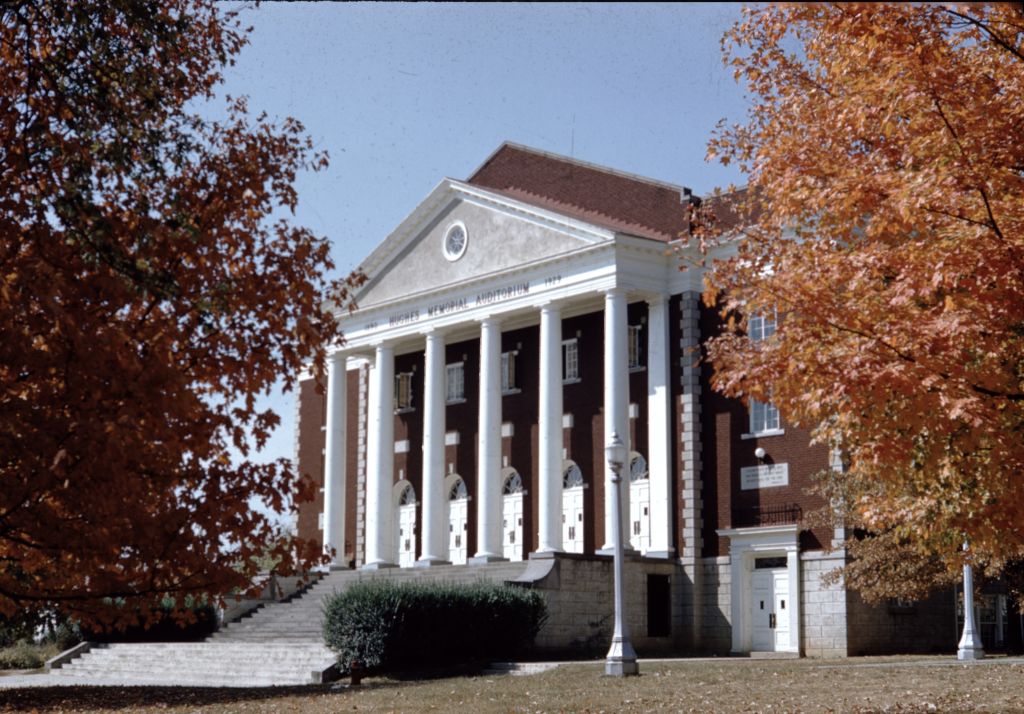 The Asbury University revival, explained
The Asbury University revival, explainedSpeed Read What started as a standard chapel service quickly ballooned into something much larger
-
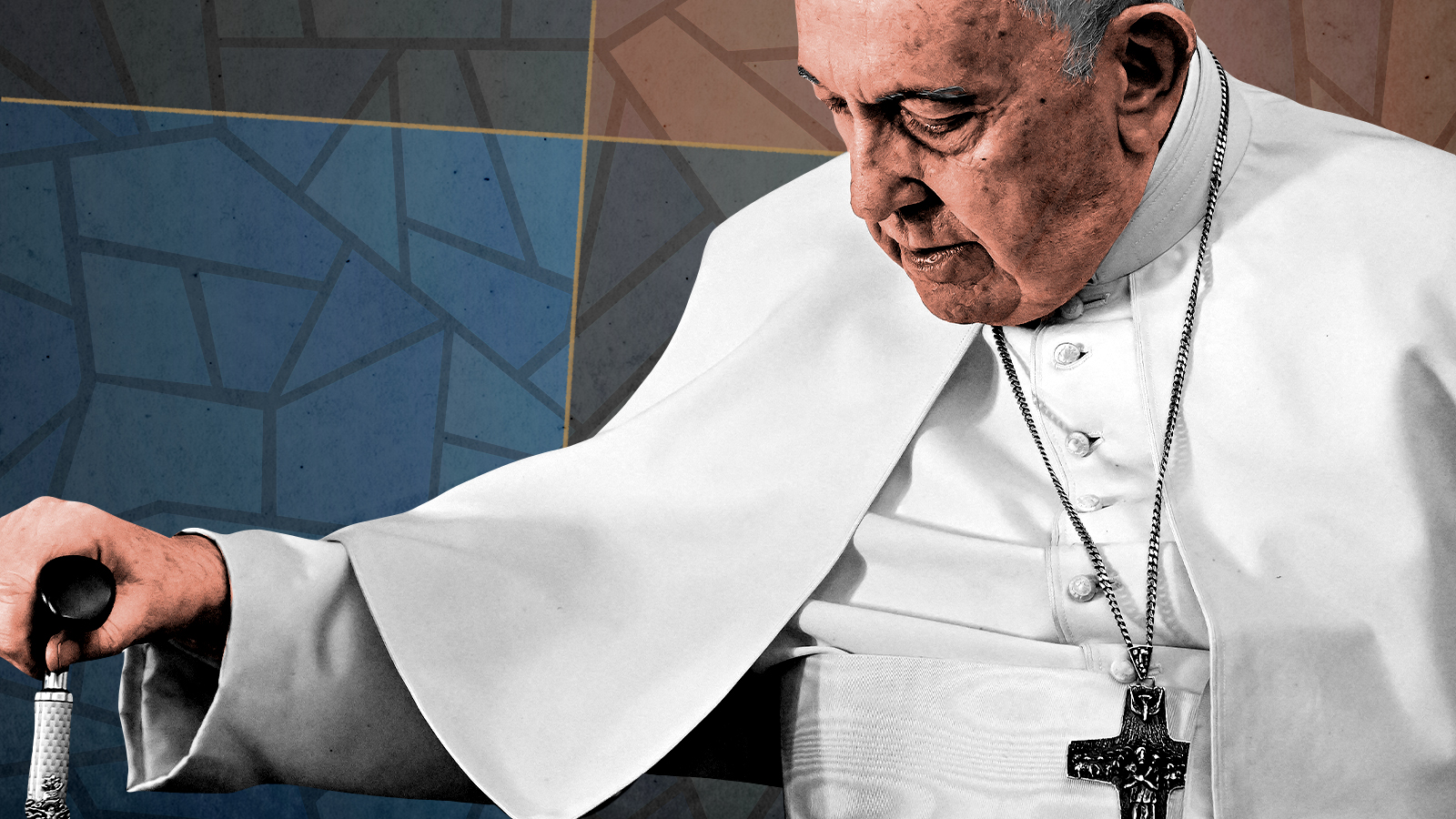 What the Catholic Church is learning from Pope Francis' big bet on 'synodality'
What the Catholic Church is learning from Pope Francis' big bet on 'synodality'Speed Read Why is the event considered the “greatest gamble of this papacy”?
-
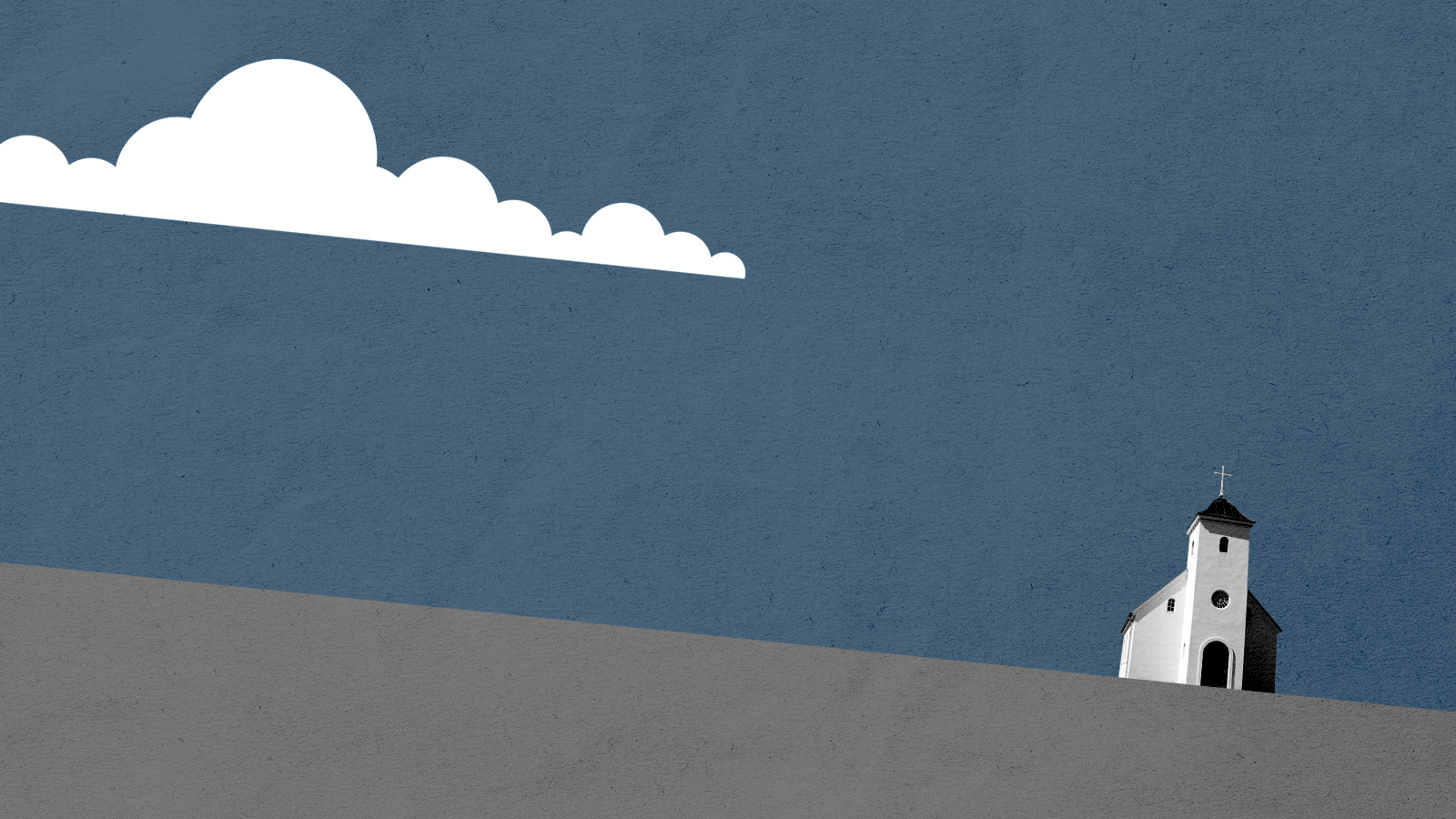 Christians in the U.S. are on their way to becoming a minority
Christians in the U.S. are on their way to becoming a minoritySpeed Read A new report on the future of American religion, explained
-
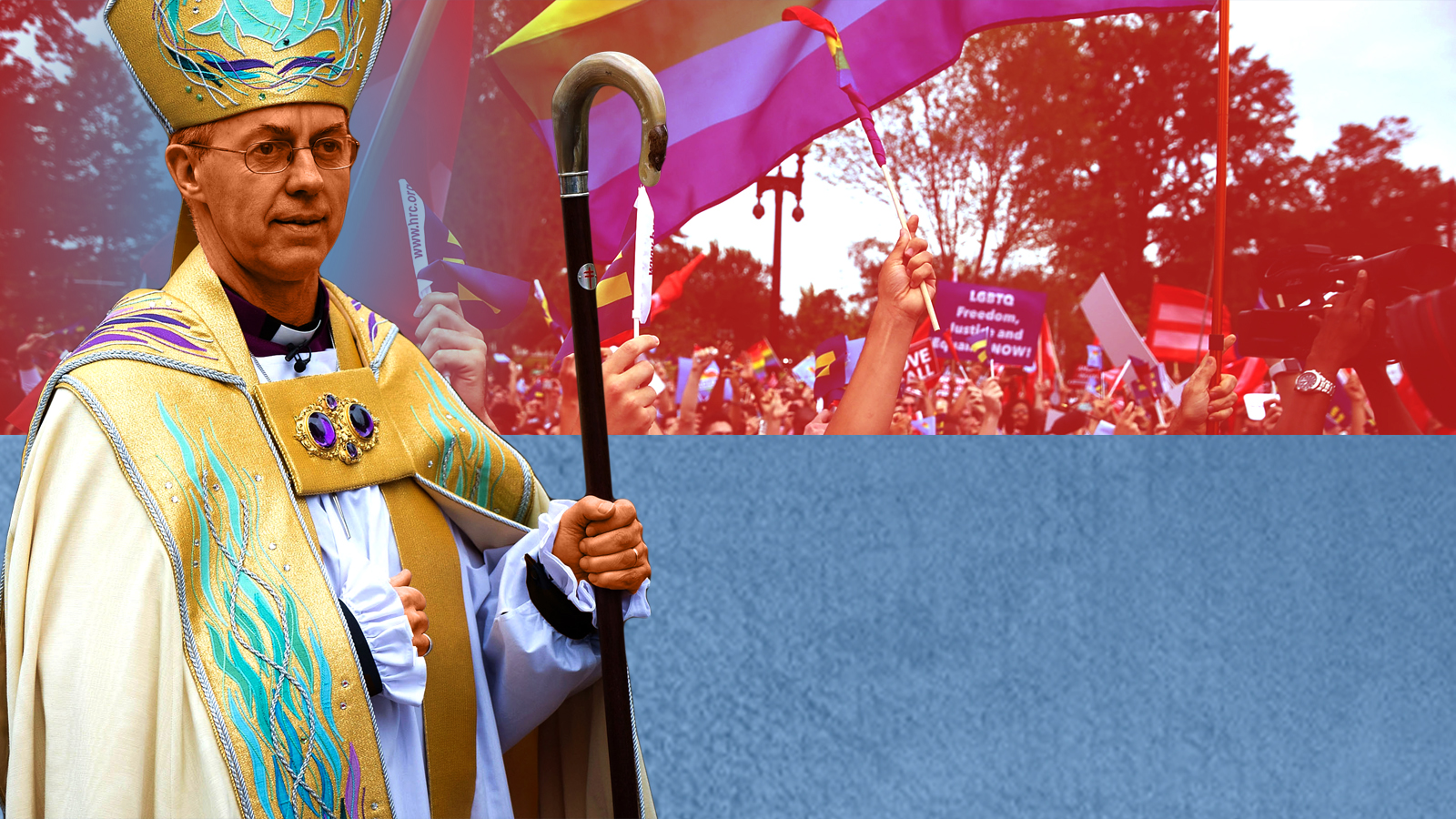 Have Anglicans reached a compromise on same-sex marriage?
Have Anglicans reached a compromise on same-sex marriage?Speed Read The Anglican Communion's leader tried to strike a balance between the church's two warring positions. But will it work?
-
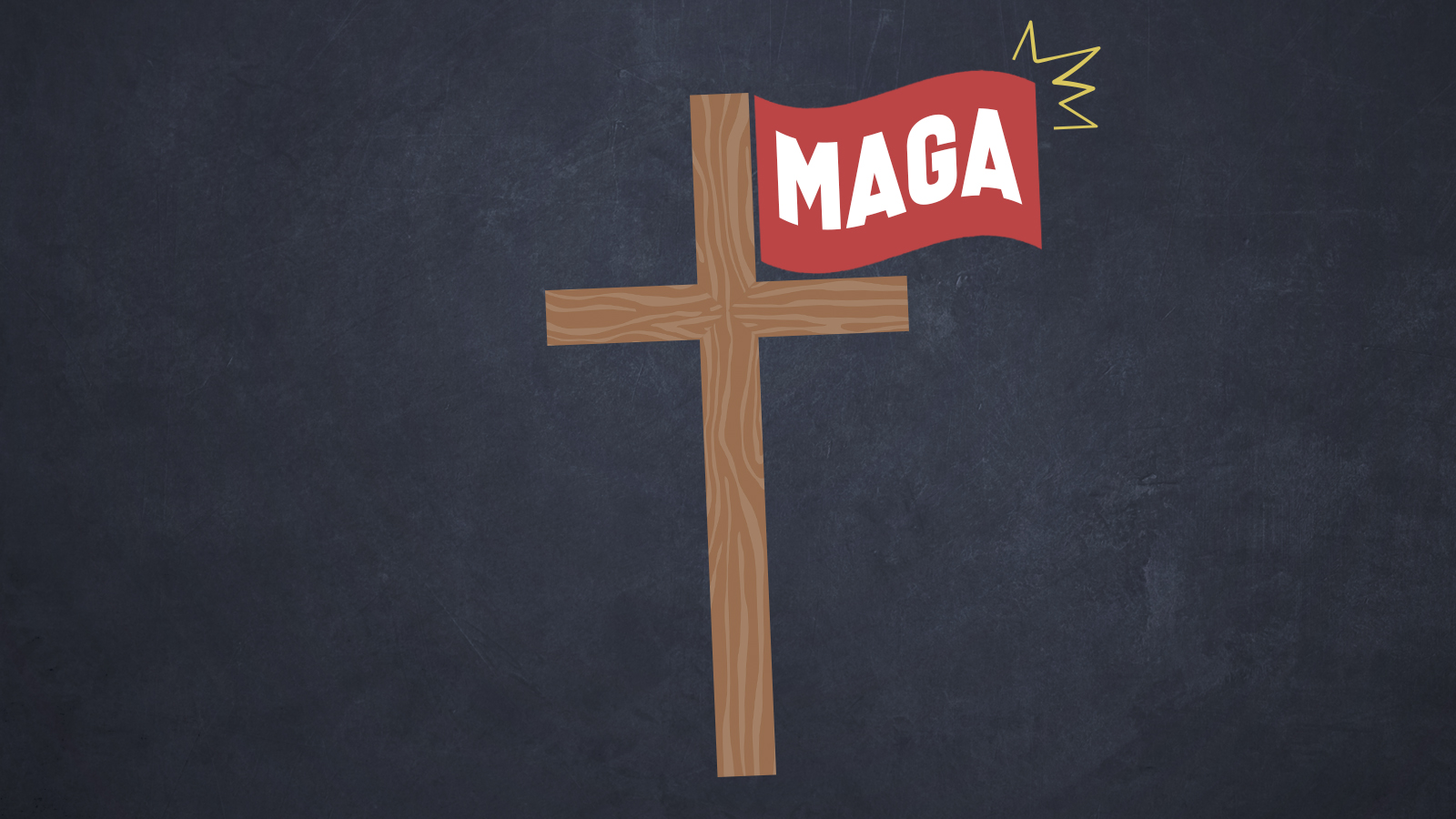 What did Christian nationalism have to do with Jan. 6?
What did Christian nationalism have to do with Jan. 6?Speed Read The movement is more than Donald Trump's religious supporters
-
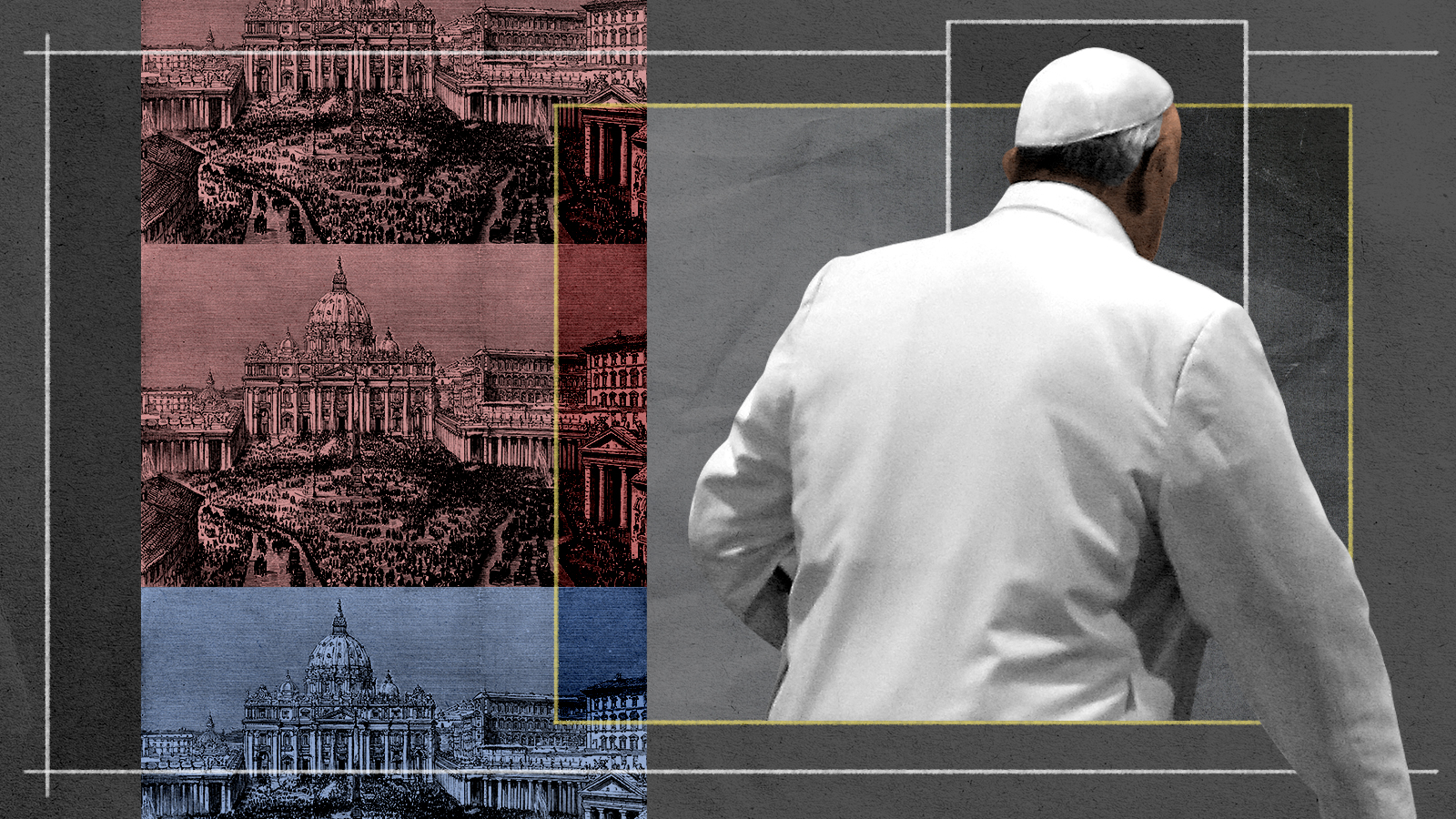 3 signs Pope Francis might be preparing to resign
3 signs Pope Francis might be preparing to resignSpeed Read Is Pope Francis signaling that he's about to resign?
-
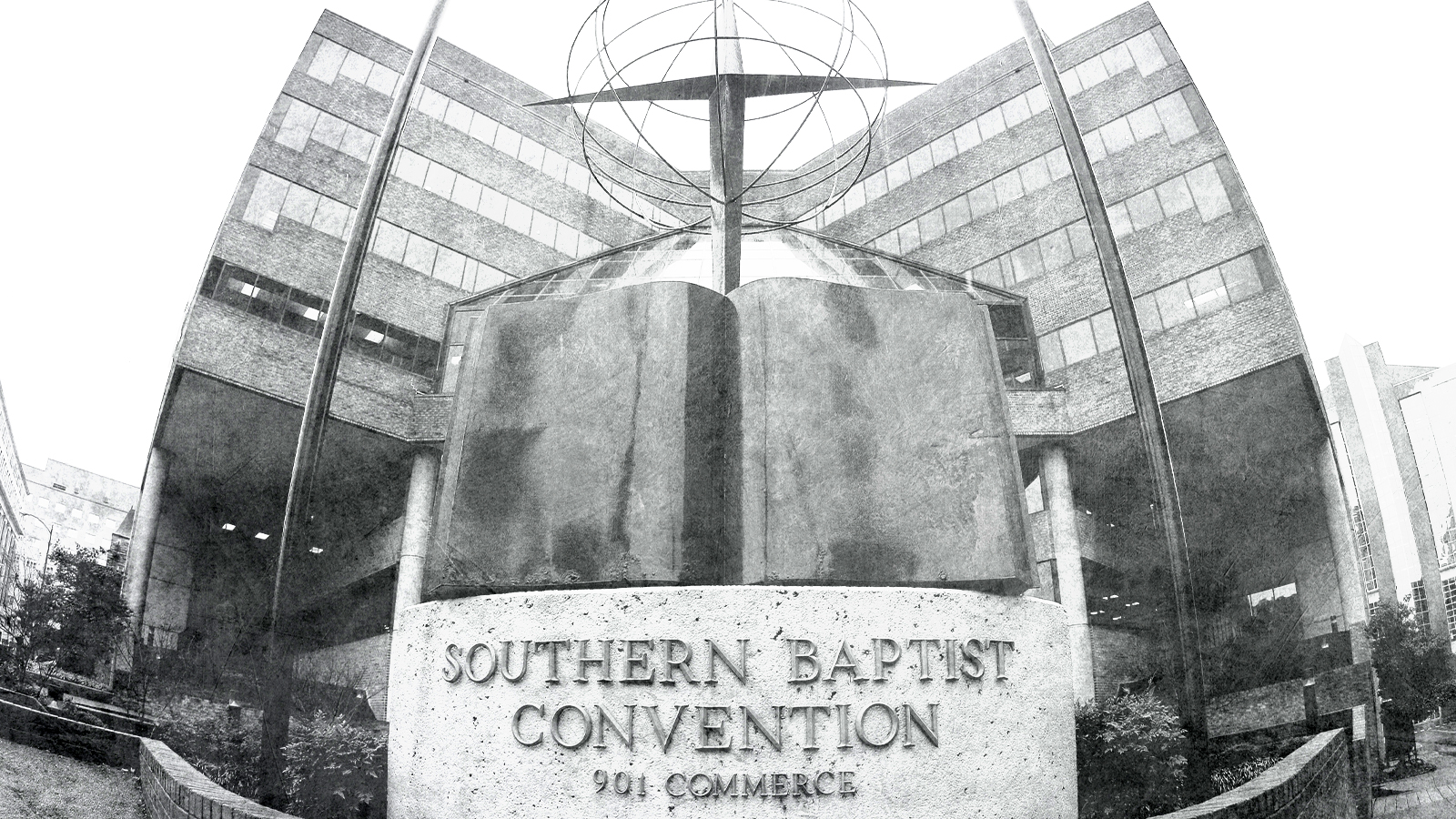 How widespread is the sex abuse scandal in the Southern Baptist Convention?
How widespread is the sex abuse scandal in the Southern Baptist Convention?Speed Read Why America's largest Protestant denomination is in turmoil
